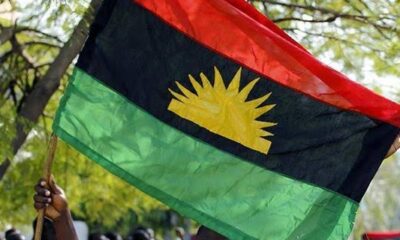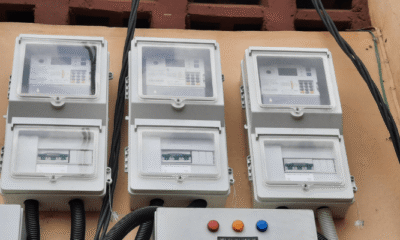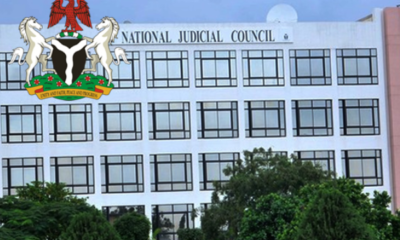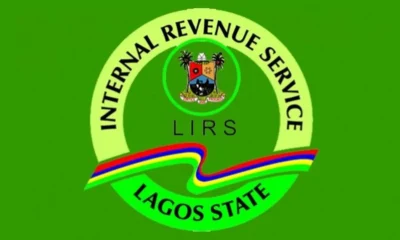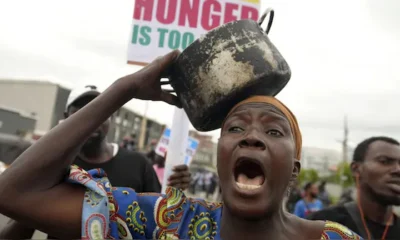News
Trump Adds Nigeria to U.S. Watchlist Over ‘Existential Threat’ to Christians
Former U.S. President Donald Trump has placed Nigeria on a religious freedom watchlist, citing what he described as an “existential threat” to Christians in the country.
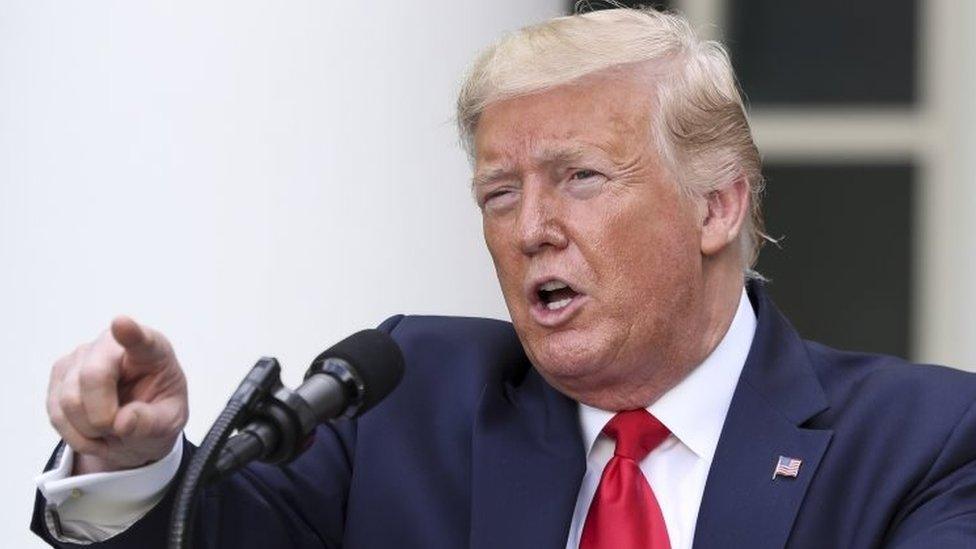
- Former U.S. President Donald Trump has placed Nigeria on a religious freedom watchlist, citing what he described as an “existential threat” to Christians in the country.
Former U.S. President Donald Trump has claimed that Christianity is facing an existential threat in Nigeria, alleging that “radical Islamists” are behind the killing of thousands of Christians across the country.
In a post shared on his social media platform, Truth Social, on Friday, Trump announced that he was adding Nigeria—Africa’s most populous nation and top oil producer—to the U.S. State Department’s “Countries of Particular Concern” list, which highlights nations accused of engaging in or tolerating severe violations of religious freedom.
“Christianity is facing an existential threat in Nigeria. Thousands of Christians are being killed. Radical Islamists are responsible for this mass slaughter,” Trump wrote.

The Countries of Particular Concern (CPC) list, according to the U.S. State Department, already includes nations such as China, Myanmar, North Korea, and Russia, among others, that have been cited for religious persecution.
Trump also said he had asked U.S. Representatives Riley Moore and Tom Cole, as well as the House Appropriations Committee, to investigate the matter and report back to him.
DON’T MISS: BREAKING: Reps Begin Probes Multiple Bank Charges, Unauthorised Tax Deductions On Nigerians
The former president’s remarks have reignited global debate on religious freedom in Nigeria, where violent attacks by armed groups and communal clashes have often taken on religious and ethnic dimensions.

Analysts note that while successive U.S. administrations have raised concerns over religious persecution globally, Trump’s renewed focus on Nigeria could influence future U.S.–Nigeria relations and draw renewed attention to the country’s internal security challenges.





